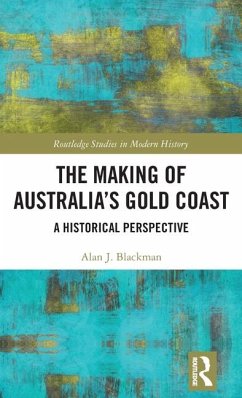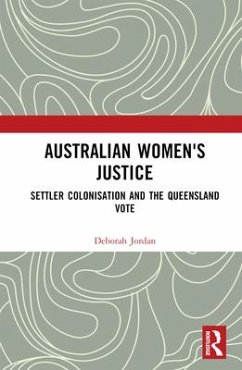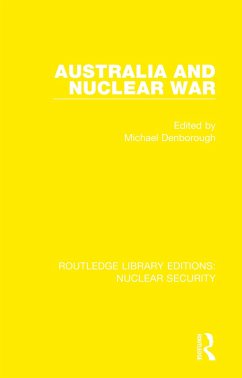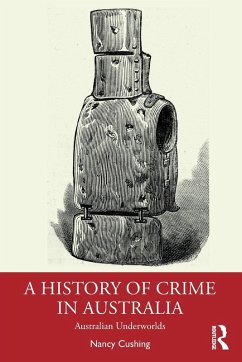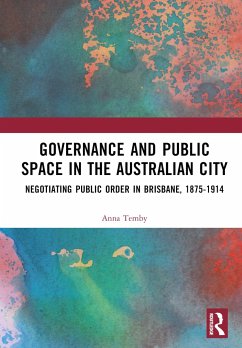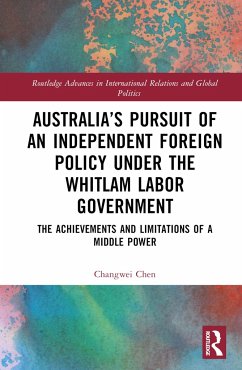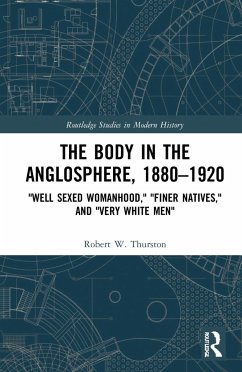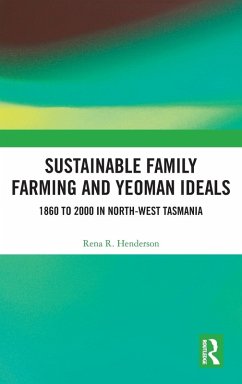
A History of Abortion and Contraception in Queensland, Australia, 1960-1989
Sex under Conservative Rule
Versandkostenfrei!
Versandfertig in 6-10 Tagen
144,99 €
inkl. MwSt.
Weitere Ausgaben:

PAYBACK Punkte
72 °P sammeln!
This book looks at the recent history of sex, contraception, and abortion in Australia's most conservative state, Queensland. In western nations, there has largely been a consistent increase in available contraception and access to abortion from the 1960s onwards, yet there are a few geographical exceptions that resisted this trend, including Queensland.Cassandra Byrnes highlights the multifarious ways sexuality and reproduction were continually constructed and challenged during the second half of the twentieth century and follows the responses of key groups to changing laws and attitudes in a...
This book looks at the recent history of sex, contraception, and abortion in Australia's most conservative state, Queensland. In western nations, there has largely been a consistent increase in available contraception and access to abortion from the 1960s onwards, yet there are a few geographical exceptions that resisted this trend, including Queensland.
Cassandra Byrnes highlights the multifarious ways sexuality and reproduction were continually constructed and challenged during the second half of the twentieth century and follows the responses of key groups to changing laws and attitudes in a time of local and global sexual and social revolutions. She explores interactions between identities of gender, sexuality, class, age, marital status, and geography to illustrate how specific sexed bodies became liminal sites for legal and medical debate.
This Queensland case study is contextualised within international debates concerning women's reproductive rights and will be of interest to students and scholars interested in the history of reproductive rights, gender, and sexuality.
Cassandra Byrnes highlights the multifarious ways sexuality and reproduction were continually constructed and challenged during the second half of the twentieth century and follows the responses of key groups to changing laws and attitudes in a time of local and global sexual and social revolutions. She explores interactions between identities of gender, sexuality, class, age, marital status, and geography to illustrate how specific sexed bodies became liminal sites for legal and medical debate.
This Queensland case study is contextualised within international debates concerning women's reproductive rights and will be of interest to students and scholars interested in the history of reproductive rights, gender, and sexuality.





